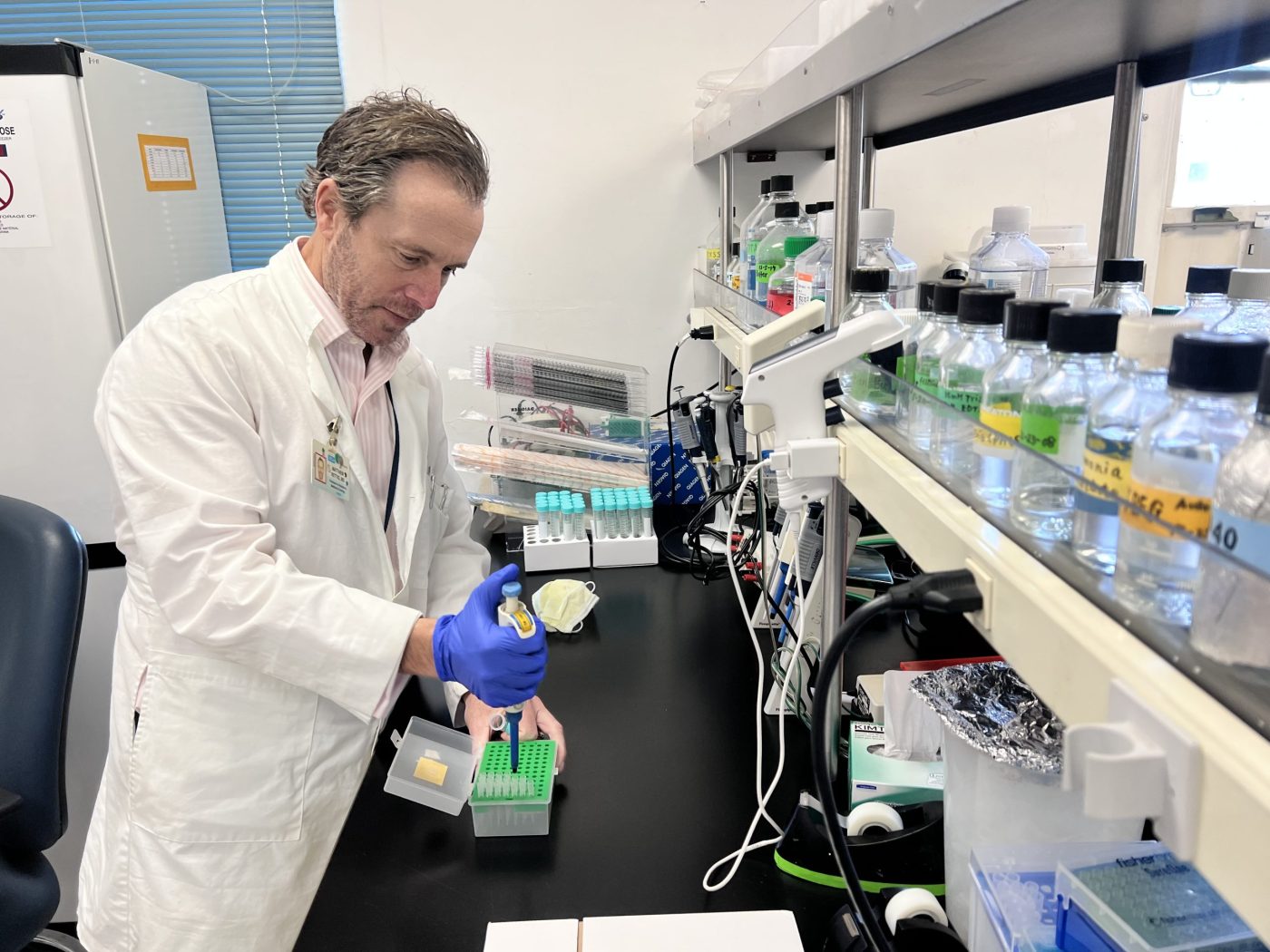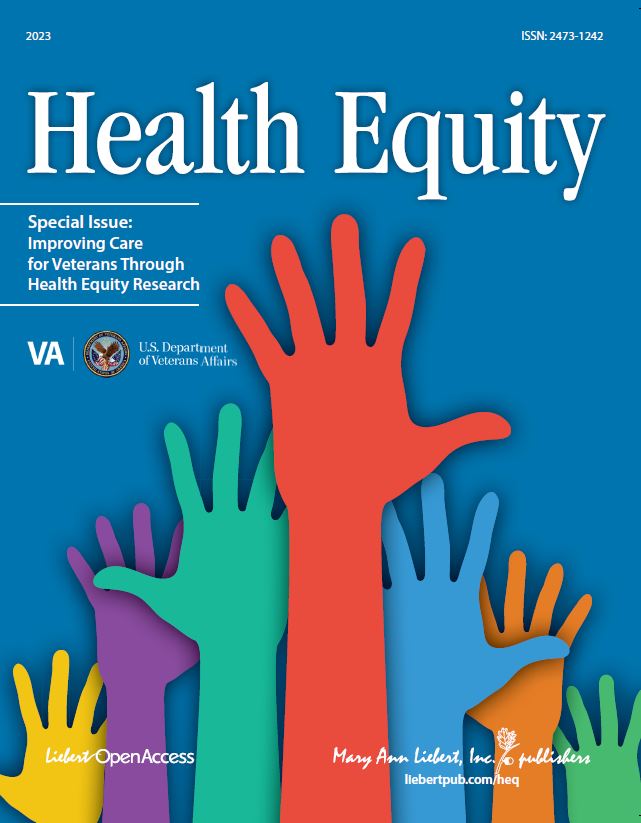Washington – The Department of Veterans Affairs (VA) is accelerating the deployment of a state-of-the-art tool to help protect Veteran patients using high doses of opioids or with medical risk factors that put them at an increased risk of complications from opioid medications.
The tool, referred to as the Opioid Therapy Risk Report, is being made available now to all staff in the Veterans Health Administration (VHA). Over the past week, VA’s Interim Under Secretary for Health, Dr. Carolyn Clancy, has reached out to over 2,000 primary care providers in VHA clinics throughout the country to promote the use of this novel tool. It includes information about the dosages of narcotics and other sedative medications, significant medical problems that could contribute to an adverse reaction and monitoring data to aid in the review and management of complex patients.
“All of American medicine is aiming to better understand how to treat severe pain, and Veterans receiving care in the VA health care system typically suffer from higher rates of chronic pain than the general public,” said Dr. Clancy. “While opioid medications may be appropriate in some cases of chronic pain, we are dedicated to using them safely and providing effective pain care to our Veterans. It is critical that we ensure system-wide implementation of the Opioid Therapy Risk Report in the weeks ahead.”
The Opioid Therapy Risk Report allows VA providers to review all pertinent clinical data related to pain treatment in one place, providing a comprehensive Veteran-centered and more efficient level of management not previously available to primary care providers. VHA is actively deploying training aids to providers and facilities now and over the next several weeks to familiarize them with how to utilize this tool in their daily practice.
Overuse and abuse of prescription opioids is a significant public health issue, particularly since patients in pain are at risk for potential negative outcomes including unintended overdose, adverse medical reactions, and mental health complications. VA established the Opioid Safety Initiative (OSI) in 2012 to enhance safe and effective pain care for Veterans. As a result, there are currently:
- 91,614 fewer patients receiving opioids;
- 29,281 fewer patients receiving opioids and benzodiazepines together;
- 71,255 more patients on opioids that have had a urine drug screen to help guide treatment decisions;
- 67,466 fewer patients on long-term opioid therapy
Topics in this story
More Stories
On Thursday, June 20, 2024, VA joined more than 20 federal agencies to release its updated 2024-2027 Climate Adaptation Plan.
As part of a new research study that began July […]
WASHINGTON ― The Department of Veterans Affairs Office of Research […]







As a disabled Army veteran and someone who has chronic pain from war, I have had some experience with opioids. I far prefer alternative pain treatments, like massage therapy, that do not cloud the mind. Massage has helped me to improve mobility and reduce stiffness in my joints. Furthermore, it is very relaxing and helps put me in a relaxed frame of mind. I am fortunate to co-own a hair salon and spa and benefit from frequent massages. Massage helps me stay away from prescription pain medications.
I have never pain left due from scar tissue damages from a chemical fire, 2014 fed doctor retired, follow week cut my narcotic cold, I had meds reaction the nurse what a bee doctor told me go on antidepressants drugs , I get bad reactions zombie, can do nothing, in mayer fact that what fire up my nerve pain . 1000 pins and needles effect . I’m still in super 10+ pain, no relief 24/7 , talk cheap, pt help 2 hr. Only after treatment once a week, so I only took it when I need it.
The problem with the VA not prescribing opiates is going to cause a spike in the number of suicides. There are those people that are in bad pain and to just cut them off, well it makes the numbers look good, but for those of us who need them, it just makes us suffer more. I suffer from chronic sciatic nerve pain and sometimes I may have to take a vicodin in order to keep the pain from getting out of control. I can take them and stop. The problem is the people who take them and when the pain stops, they keep taking them. I stop taking them when I can tolerate the pain again. I take pain medication already but when it flares up, if i don’t take it early enough, even taking it won’t make any difference. I have had very bad sciatic nerve pain last for up to 9 months. I have had sciatic nerve pain for 24 years now and I am not addicted to painkillers. I take just enough pain medication to take the edge off the pain so I can tolerate it. It doesn’t go away, ever. It really sucks that I have to live this way, but what else am I going to do.. Recently I went to a VA doctor’s appointment and i had cracked a rib the day before, I asked for something for the pain and they said we can give you tramadol or mobic, neither of which will work worth a damn. I said forget it and I had some old ones at home and I took four of them for 4 days until I could tolerate the pain and stopped taking them. You give them out like candy and then go wild cutting everyone off, especially those that need them. Ridiculous and shameful. Hope the suicide rate doesn’t spike.
I am all in favor of this study. Being a former drug addict, I am disturbed by the number of veterans that I have seen & known personally that are addicted to pills & drugs, both prescription, & non. Many of us have HAD to deal with the pain and demons in our heads however we could for many years. Thank you VETERANS Administration for realizing there is a problem; one that you, in part, helped create, & are now trying to fix. Brothers and sisters, we have to do our part to help fix it too – one vet at a time.
With those statistics, what it seems to me is one of two things. Either the vets never needed them in the first place or there are a lot of vets who are now suffering because of the new policy. Actually, it is the latter. Veteran help sites have seen case after case where vets have been taken off narcotics and are now suffering. Some to the point of contemplating suicide. This is just another incident of “the hell with the individual consequences – we are doing it for the overall good.”
I will be damned if I take a piss test for the VA. They state it is to better manage the administration of medication. But, it is the government and if they find anything else in your system they will stop your medication. Can anyone imagine going to a private doctor and have him tell you that before he continues to prescribe, you will have to have a drug screen. Of course not!
Oh and for me, if I wanted to go to their pain management program, I would spend 3 hours traveling back and forth to the VA.
Could you do me a favor, call make my appointment – On second thought, I will continue to go to private doctors – even though I am rated 100%.